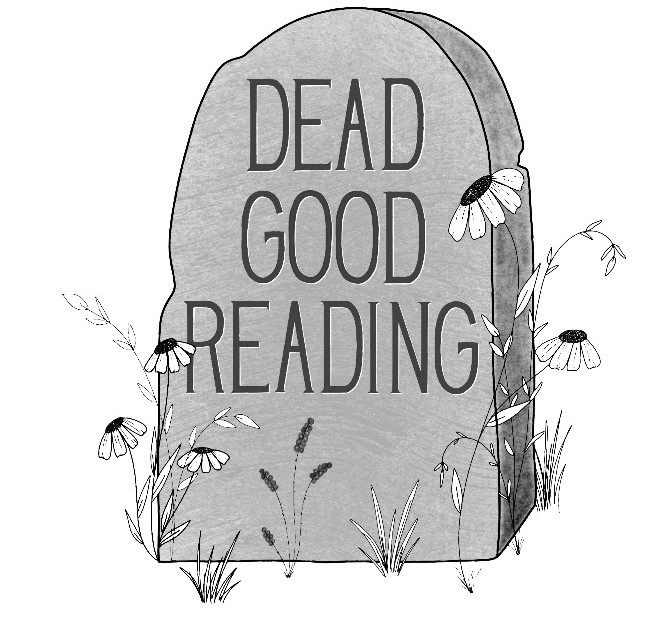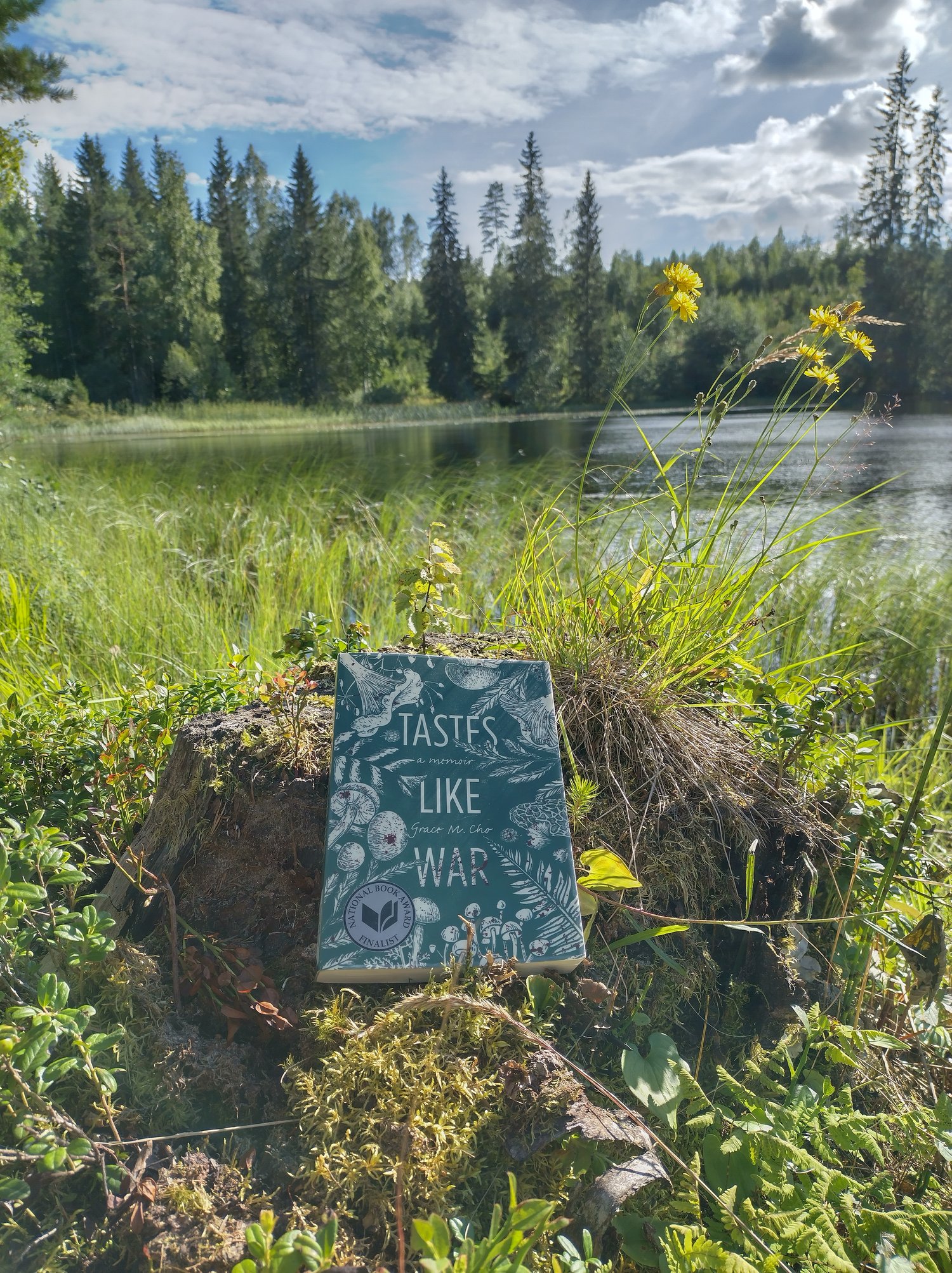In April I wrote about Crying in H-Mart by Michelle Zauner. Zauner eloquently describes the complexities of Korean-American dual heritage, about not fitting in, and how the death of a parent can also mark the death of having access to a cultural heritage. Or at least feeling you somehow lost the key to your own identity, as the part that granted you membership has died.
Like Zauner, sociologist Grace Cho is born to an American father and a Korean mother. Her memoir, Tastes Like War, offers another complicated and multi-layered account of the relationship between Korea and the United States. The book touches on the complexities of multiculturalism, the death of a parent, war, and the many misconceptions that surround mental health in general, and schizophrenia specifically.
One of my own research projects explored the lived experience of people ageing in a secure psychiatric hospital in the London area. This was my first time interacting with people with severe mental health problems for an extensive period of time. In a secure psychiatric hospital, or a forensic hospital, patients (or, the currently used term; service users) reside who suffer severe mental health problems and have come into contact with the criminal justice system. In other words, people who have committed a crime, often because of their mental health problems. For this research, I was interested in understanding what it is like growing older in a secure hospital. I conducted ethnographic research, interviewing and observing older adults in this facility. People shared their stories with me, their hopes and aspirations for the future and I experienced first-hand that whilst labelled as someone with a mental health problem, or ‘a criminal’ these people were so much more than that. They were interesting individuals with often very complicated life histories. Yet their crime, sadly, often defined them. No-one is interested in the back story of someone who committed a horrible crime, but speaking to the older people I could understand why they, and not I, had ended up there. They were multi-layered and complex people, and not just a label.
In Tastes like War Cho unpacks the many facets of her mother’s life. One of those facets is late-onset schizophrenia. Her age was something that worked against her, as at the time it was believed that schizophrenia was something for younger people. In the 1980s someone could not be labelled as being schizophrenic if they were over 40. Cho notes that to this day beliefs about schizophrenia are linked to chronological age, and popular medical websites such as WebMD in 2020 still mentioned that “people rarely develop schizophrenia before they’re twelve or after they’re forty”. Aged 45, Cho’s mum thus simply was ‘too old’. At age 15, using psychiatric manuals of the time, Cho diagnosed her own mother long before any medical professional would consider any diagnosis.
“Decades later I would look back at this moment as the origin of my han – the untranslatable Korean word that refers to the “unresolved resentment against injustice,” “a blockage… that’s tangled up and cannot be untied,” or “knotted grief”. Han not only refers to a consciousness of ongoing trauma and a lack of resolution but also the means to its own resolution”
Tastes like War, Cho (2021: page 147).
Her mother’s illness sparked Cho’s interest in trying to understand mental illness academically. Cho needed to know what had happened to her mother in Korea, or might have happened to her. In 2008 she published the academic book entitled Haunting the Korean Diaspora Shame, Secrecy, and the Forgotten War which “explores the repressed history of emotional and physical violence between the United States and Korea and the unexamined reverberations of sexual relationships between Korean women and American soldiers”. As the daughter of a white American merchant marine and a Korean bar hostess, Cho’s own existence is the consequence of this history. Cho’s personal and family history profoundly shows the ramifications of the war in Korea and the long-term ramifications of certain historic events, which are still tangible to this day.
“Mina, Kay, Jason, Keyong, Ellie- all the Koreans who arrived after us- were either adoptees or from mixed race families like my own. We were joined by our common legacy as militarized subjects, having been born out of the same murderous conditions of US interventions and war, the same sexist and imperialist social policies that fractures families in Korea. We were all bound by the discourse that said that the American family/nation rescued us. ”
— Tastes like War, Cho (2021, page 101)
Cho grew up in small town America, and was one of the few Asian people living in her community. Needless to say, this was not without difficulties. Also for her mum, settling in was a challenge. Cho notes that recent research on schizophrenia increasingly takes the wider context into account, and it is suggested that minorities living in a predominantly white community have a higher chance of developing schizophrenia. In my own research I also found that Black British people were overrepresented in the secure psychiatric hospital, and this feeling of being unsettled in the community you are living in could be one of the explanations why this is the case.
Where Zauner tried to revive her mother through Korean cooking, Cho used Korean food as a connection with her mother. Since her schizophrenogenesis, or the onset of schizophrenia, Cho’s mother had changed from being the ‘Blackberry lady’, the woman who was always foraging for berries and had started selling blackberries to her entire community, to a woman who never left the house, and ends up dying alone. Being a recluse, food (mainly Korean but sometimes American burgers) were the only thing that could spark a little joy in the last few years of her life.
“These meals with my mother and her minor revelations about the past the punctuated my research and writing, but the boundaries between these two aspects of my life often blurred”
— Tastes like War, Cho (2021, page 264)
I read Tastes like War almost in a single sitting. It has taught me a lot about the history between Korea and the United States, and again brings home how nationalistic history lessons often are. It will appeal to readers interested in the complicated, heart-breaking and also infuriating history that started with the war in Korea. Equally, the book has much to offer in understanding mental ill health. Cho approaches this topic with humanity and understanding, and shows how there is still lots to learn about mental ill health. Tastes like War is a daughter’s journey in understanding her mother, understanding her lived experience, her history and trying to make sense of the loss of a complicated relationship. I highly recommend this book to anyone interested in memoirs, grief, Asian-American identities, history and war, and it will be a book I will definitely return to in the future.
To learn more about Grace Cho’s academic work click here. Tastes Like War is published by The Feminist Press.


Leave a Reply